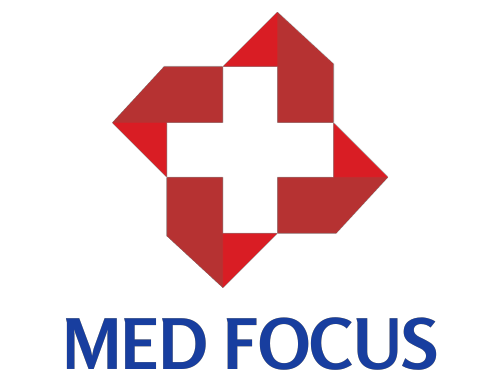For healthcare providers to deliver the best possible patient care, good clinical skills are a requirement. In this blog post, we will look at some helpful hints and techniques for improving your talents during physical exams and patient interactions. You may create rapport with patients, obtain in-depth data, and make accurate assessments by honing these skills.

Let us get right to the useful advice that will improve your clinical practice.
1. Establish Rapport:
Effective communication and trust require a strong rapport with patients. Make an introduction, display open body language, and pay attention to the patients. Be understanding, respectful, and genuinely interested in their issues.
2. Active Listening:
Develop the ability to actively listen to patients in order to comprehend their symptoms, worries, and medical histories. To ensure accurate comprehension, pay attention to verbal and nonverbal cues, ask clarifying questions, and summarize information.
3. Mastering The Art Of Physical Examination:
Spend some time honing your physical examination techniques. Learn the correct procedures, including auscultation, percussion, palpation, and examination. Regular practice will help you become more proficient.

4. Maintain Communication During the Examination:
Patients should be informed of the aim and procedures of the physical examination. Before beginning, explain each process and address any discomfort or worries they may have. Be professional and mindful of their privacy.
5. Utilize Technology and Resources:
Use digital tools including clinical decision support systems, medical apps, and internet resources. These resources can help you make an accurate diagnosis, offer references, and improve your clinical abilities.
6. Play Role-Playing And Simulation Games:
Role-playing with friends or standardized patients helps you get comfortable with patient interactions and physical examinations. Take part in simulation exercises to replicate real-world situations and get helpful feedback.

7. Maintain Professionalism and Ethical Conduct:
Uphold professional standards, which include keeping patient information private, honoring boundaries, and adhering by ethical rules. Respect institutional guidelines and conduct your clinical practice with the utmost integrity.
Clinical skill development is a continual process that calls for commitment, repetition, and a patient-centered perspective. You can develop into a capable healthcare practitioner that offers thorough and compassionate care to patients by putting a focus on good patient interactions, honing your physical examination techniques, and constantly expanding your knowledge.

Kindly visit themedfocus.com for additional advice and recommendations about attending medical school. If you're seeking a trustworthy internet source, please check out the whole medical school package at the URL below.
https://themedfocus.com/products/the-complete-med-school-bundle

